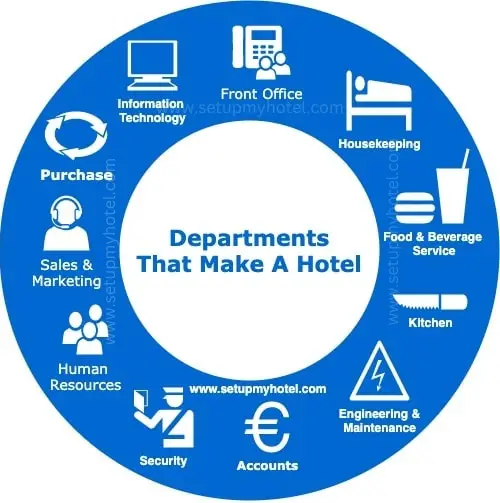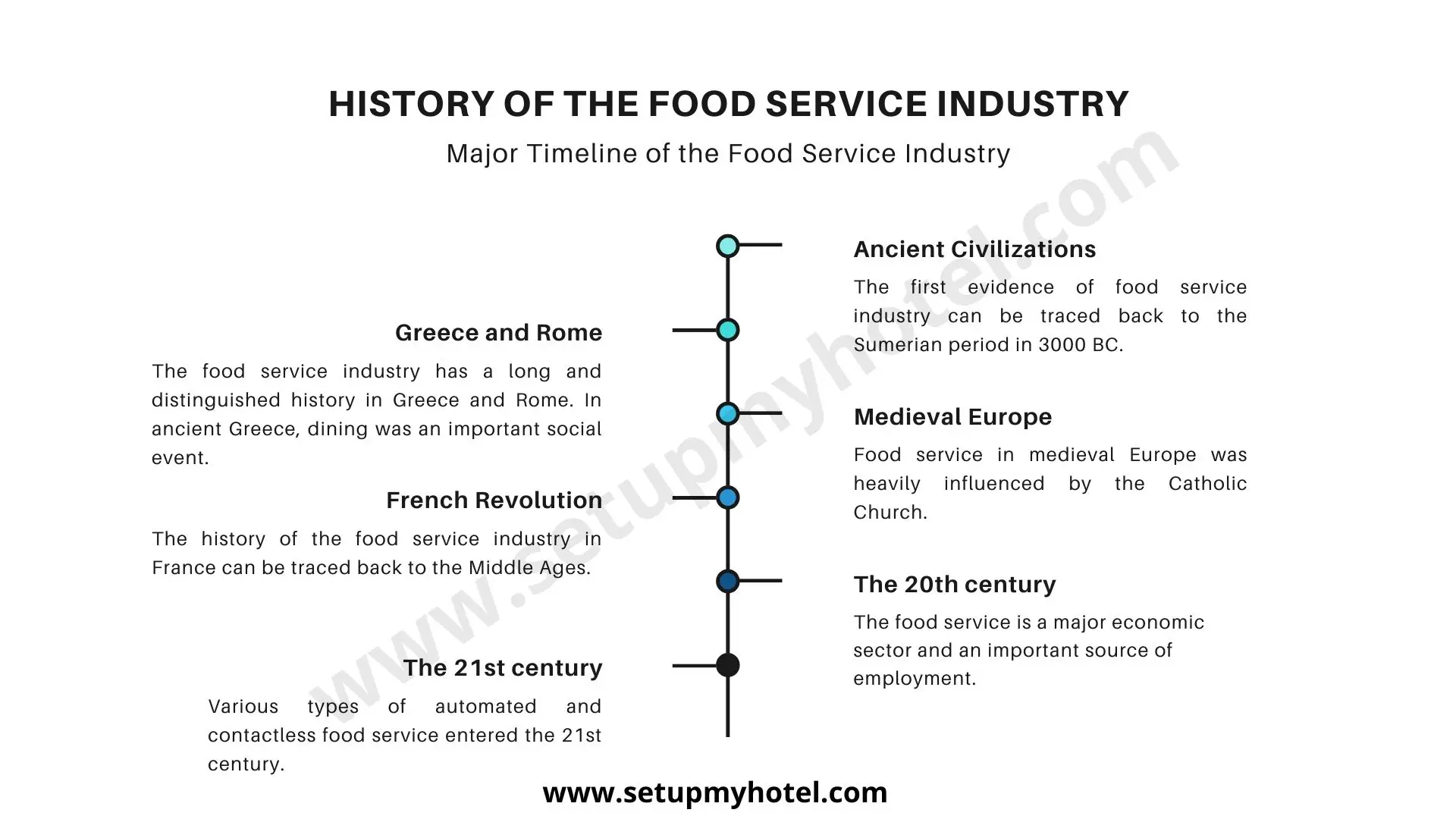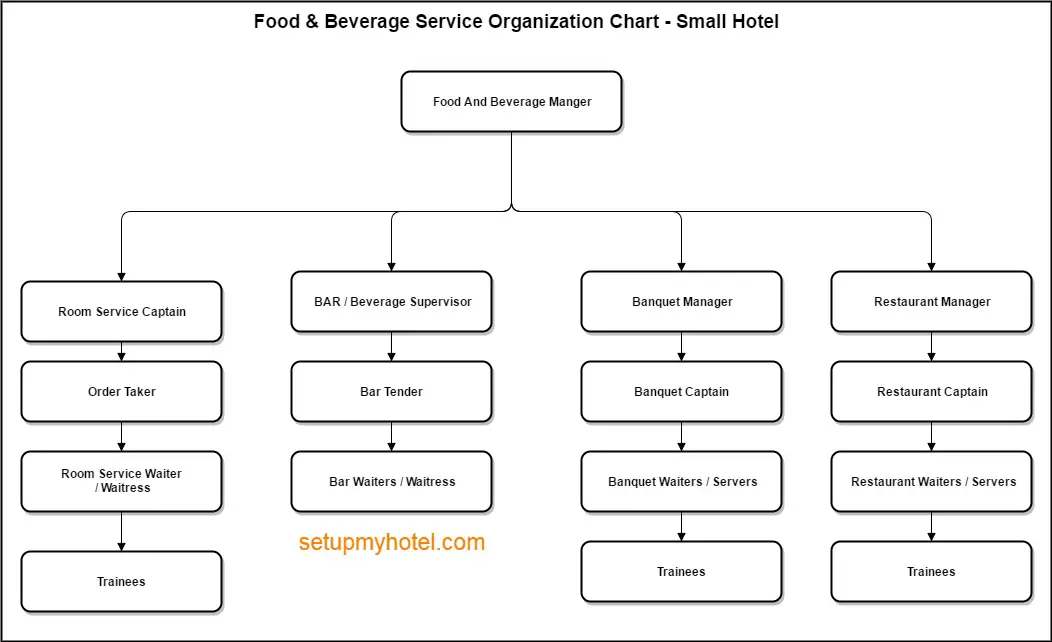Hotel Basics – Departments In A Hotel

The Main Departments In a Hotel Or Resort As an outsider when you look at a hotel, the operation appears ...
Read more
Front Office Department Introduction, Operations And Functions

Front Office Department Introduction, Operations, and Key Functions Introductions To The Hotel Front Office Department The Front Desk is a ...
Read more
History Of The Food Service Industry [Timeline]

History Of The Food Service Industry The Introduction: One of the most fascinating developments in the history of food service ...
Read more
Mission And Goals Sample For Hotels

How to define Hotel Missions and Goals The mission and goals of a hotel are crucial in defining the direction ...
Read more
Why Do People Travel? Or Reasons For Travelling

The top reason for travelling or Why do people travel? People travel for a variety of reasons, ranging from leisure ...
Read more
About Travel and Tourism Industry

About The Travel and Tourism Industry The hospitality industry is part of a larger enterprise known as the travel and ...
Read more
Kitchen Organization Chart / F&B Production Organization Chart

Kitchen Organisation Chart / F&B Production Organization Chart The organisation chart of F&B Production department should provide a clear picture of the lines ...
Read more
Front Desk – Guest Feedback Format Sample
Guest Feedback Format Sample for Hotels and Restaurants Despite the hotel’s staff efficiency and attentiveness, guests will occasionally be disappointed ...
Read more










